Nigeria’s victory over the deadly Ebola virus disease was globally acknowledged on October 20, 2014 when the World Health Organisation (WHO) certified the nation Ebola-free in Abuja, the capital city.
In the days leading up to the declaration, Nigeria had become the “envy” of many Ebola-stricken nations across the world. These nations include the world’s most powerful country, the United States. We have become the object of discussion, an example for the world, and the pride of Africa once again. If only for a moment, the giant was apparently taking its position again on the African continent.
Time magazine highlighted what we did right and Washington post referred Texas, United States, to us to learn the 101s of fighting the viral disease.
Nigeria had 20 cases, eight of which ended in deaths, thereby keeping the mortality rate at 40 per cent as opposed to World’s mortality rate of 49.4% at 4,555 deaths from 9,216 cases recorded thus far. We have had a spectacular success story. Paulina Harvey, a director at the Centre for Disease Control and prevention (CDC), described that statistic as a remarkable achievement.
Advertisement
While it is good to bask in the euphoria of this victory, there are pressing questions to be asked and promptly attended to before the reality of Ebola fades off our minds. Our road to the remarkable achievement is marked by the sacrifice of patriots who offered their lives to save a nation they believed in. But there are still a few questions to be answered.
IF ADADEVOH ‘BROKE THE LAW’, SHOULDN’T THE GOVERNMENT?
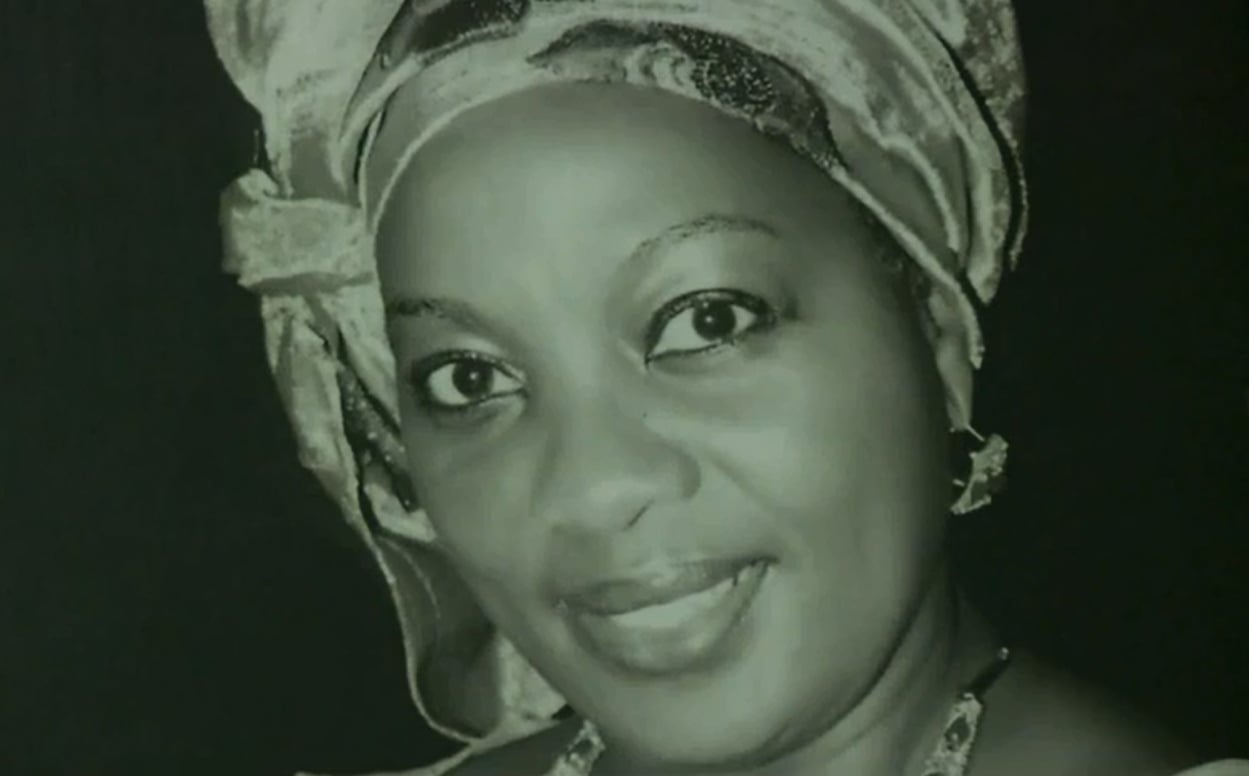
First Consultants hospital, Lagos, received late Patrick Sawyer, the Liberian-American who brought the disease to Nigeria, and treated him professionally. At some point during the treatment, before confirming Sawyer Ebola-positive, he attempted to force his discharge from the hospital. It is legal; one could leave hospital against medical advice; some light paperwork would get that done. Patrick Sawyer and Al-Hassan Conteh, Liberian Ambassador to Nigeria, with diplomatic rights, requested that the former be discharged against medical advice. But Dr. Stella Ameyo Adadevoh declined.
You may pass that off and say she was simply doing her job; no, she was making a sacrifice to defy diplomatic rights just to ensure the safety of her nation! She ‘broke the law’ by violating Sawyer’s rights to abscond against medical advice and this aided in the salvation of a nation. If Adadevoh allowed him to go, it was going to be a relief for First Consultants but a problem for Nigeria. She put her nation first!
Advertisement
Unfortunately, the nation doesn’t seem to see it that way. There were lots of angry expressions on social media when President Goodluck Jonathan approved a list of 305 people for national honours excluding Adadevoh. A bulk of Nigerians thought is he deserved to be posthumously honoured.
However, Doyin Okupe, senior special assistant to the president on public affairs, took to Twitter to say “national honours could not be given posthumously”. He explained that there was no need to break the laws in honouring her. As credible as 2014 national awards was, it was tainted by the absence of Adadevoh. The cook was honoured, the traffic warden honoured, integrity was celebrated as the taxi driver who returned N18m forgotten in his cab was rewarded. The height of the honours was for Taiwo Akinkunmi the forgotten designer of the Nigerian flag, but all these were questioned by Adadevoh’s absence. If we say we cannot honour people who pay the ultimate price for our nation, then the whole essence of sacrifice and patriotism is lost. Adadevoh swam against the tide, it would only be normal for the government to do the same in memory of her.
WHY DOES THE CREDIT MATTER THIS MUCH?
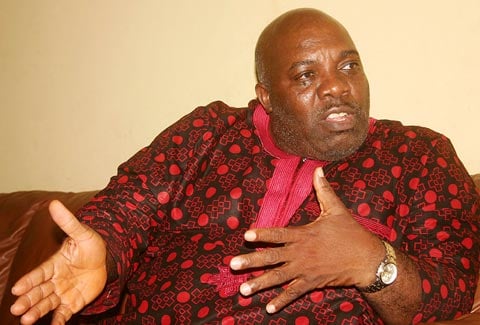
The game of thrones cum battle of supremacy is on, with the leading political parties in the country in a continual tussle over who really contained the deadly virus. All Progressives Congress (APC) said Jonathan was wrong to take credit for Ebola containment, while the Peoples Democratic Party (PDP) said APC was unhappy that the scourge was contained. They continued throwing tantrums at political rallies and were always trying to score cheap points with what could have really mocked our healthcare system if all hands had not been on deck.
Rather than politicise the nation’s giant strides over the virus, we should look forward to how we can work together yet again to deliver our nation from corruption, insurgency and its many vices. The kind of unity of purpose experienced when the virus came into the country through Sawyer was unprecedented in our political history. It erased political boundaries and saw a PDP government gladly work with an APC government; it provoked responsible governance; it became evident once again that Nigerians had not lost the can-do spirit. In the same way, it is important that all Nigerians now confront other challenges as a nation, and treat each of them as a virus detrimental to our existence.
Advertisement
WHAT NEXT FOR OUR INTERNATIONAL IMAGE?
Trinidad and Tobago joined Guyana to ban travellers from Nigeria and four other West African nations: Sierra Leone, Guinea, Liberia and Senegal, from entering their countries. They did not stop at this, some universities went on to freeze the admission of students from Nigeria and the four other affected countries in West Africa.
The dent the virus left on our international image cannot be removed in a day, but we must strive to remove it gradually. If little-known Guyana could place travel ban on us, we should know we are in some serious mess. On the flip side, however, countries that have the total understanding of how difficult it is to battle such a virus and come out victorious have been according us the due respect. Nevertheless, we are yet to answer the pertinent question – how do we completely mend our Ebola-dented image?
WHAT NEXT FOR OUR HEALTHCARE SYSTEM?
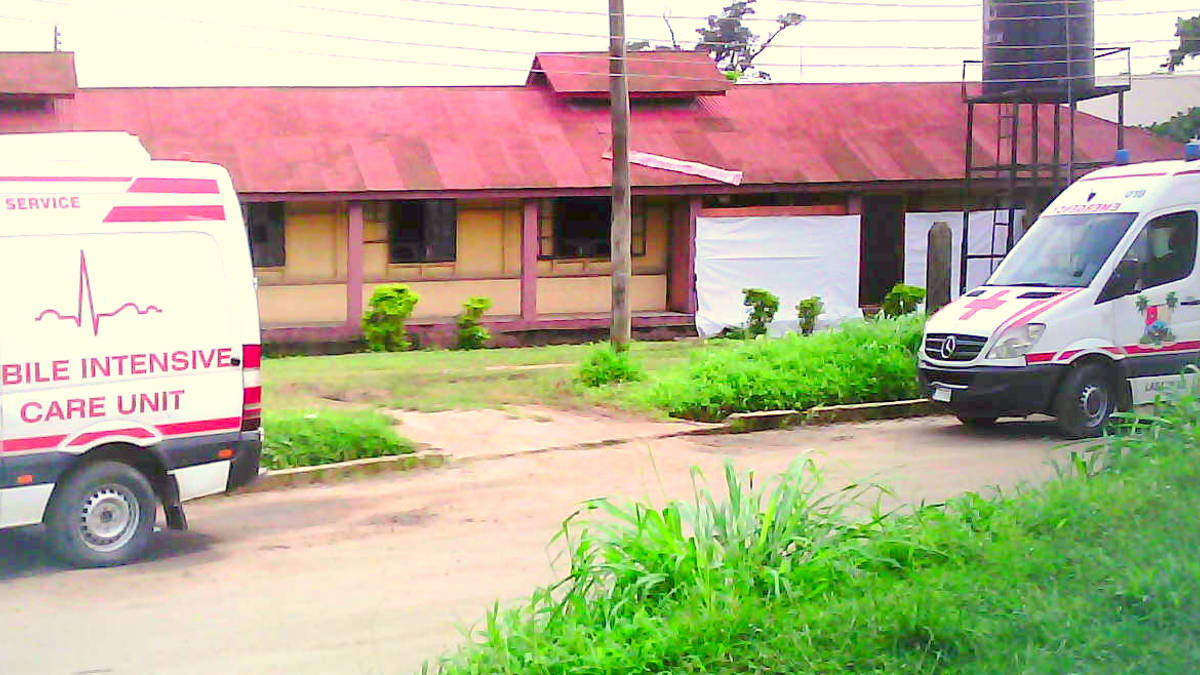
Aisha Sesay, Cable News Network (CNN) correspondent, who was in Abuja on Monday to witness the WHO event, said Nigeria was able to curb Ebola due to its “robust healthcare system”.
Advertisement
But, really, how robust is our “robust” healthcare system? Are we where we ought to be yet? Do we have the system that the world thinks we have? If Sawyer was to have landed in a government-run hospital, would the story have turned out this way?
The victory may have made us forget about healthcare workers who embarked on industrial action even in the heat of Sawyer’s entry. Our doctors still neglect the Hippocratic Oath to cry out for their demands that shouldn’t be heard of in a robust healthcare system. The best response from the government to the strike was for the president to sack all striking doctors.
Advertisement
The basic amenities that support good healthcare systems are also largely unavailable. Availability of pipe-borne water is a mirage to the Nigerian people. We are yet to find a solution to the electricity problem. Generating 5,000 megawatts of electricity is still considered worthy of celebration. Hospitals mainly run on self generation with the cost of fuelling generators hanging as a heavy burden on most medical centres.
Clearly, our “robust” is not robust enough!
Advertisement
This is not a total victory; and the whole nation must realise there is still work to do. We still need to step up our healthcare system. We still need to continually erase political boundaries and work together as a united nation. We still need to honour the heroic acts of those who were at the forefront of the battle against Ebola virus disease, dead or living; that is what is next now that we are Ebola-free.
Advertisement
1 comments

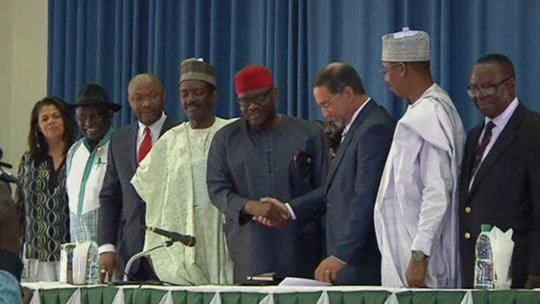


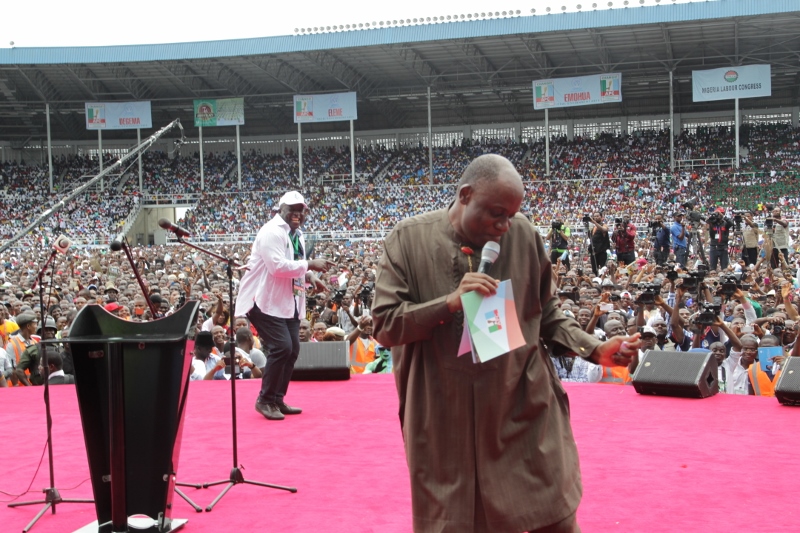
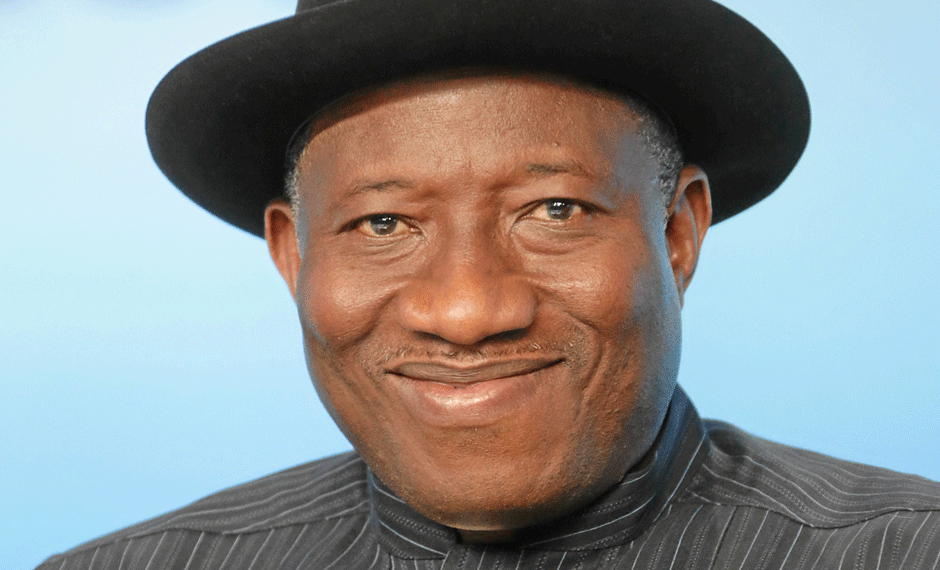

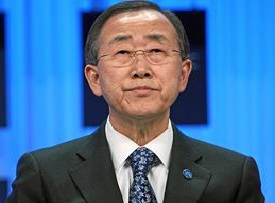
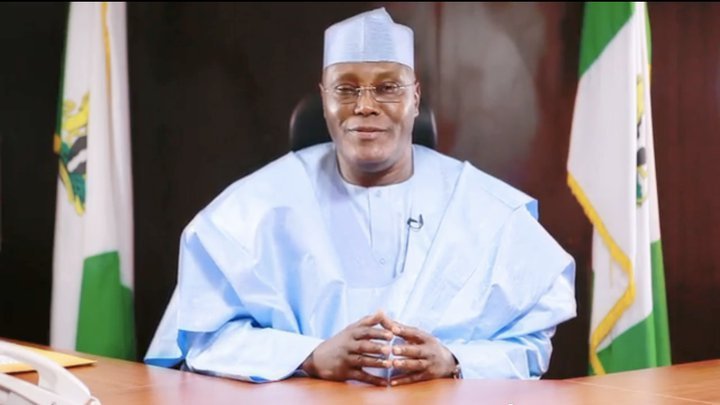
I agree strongly with your positions. She must be honoured posthumously,… Shalom!